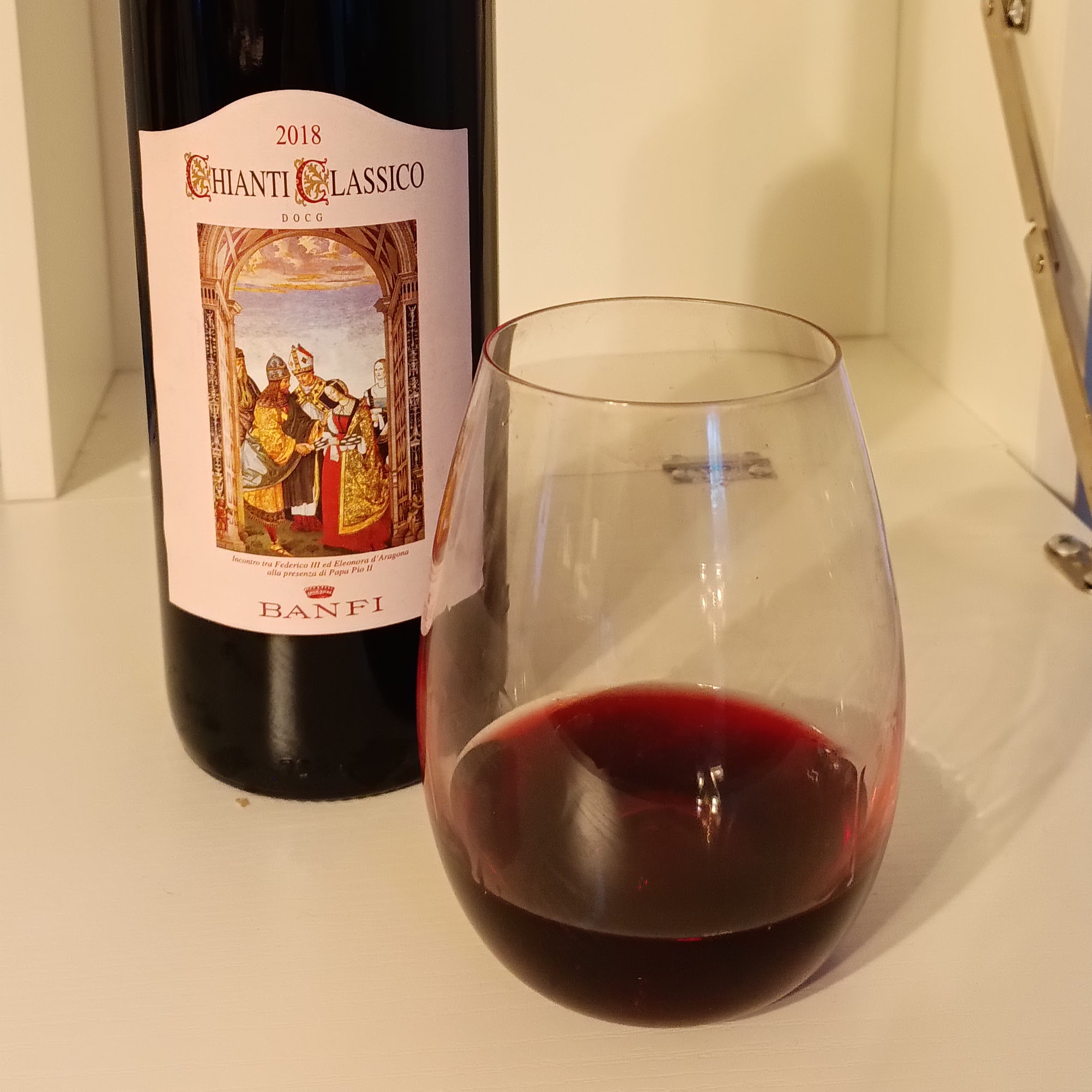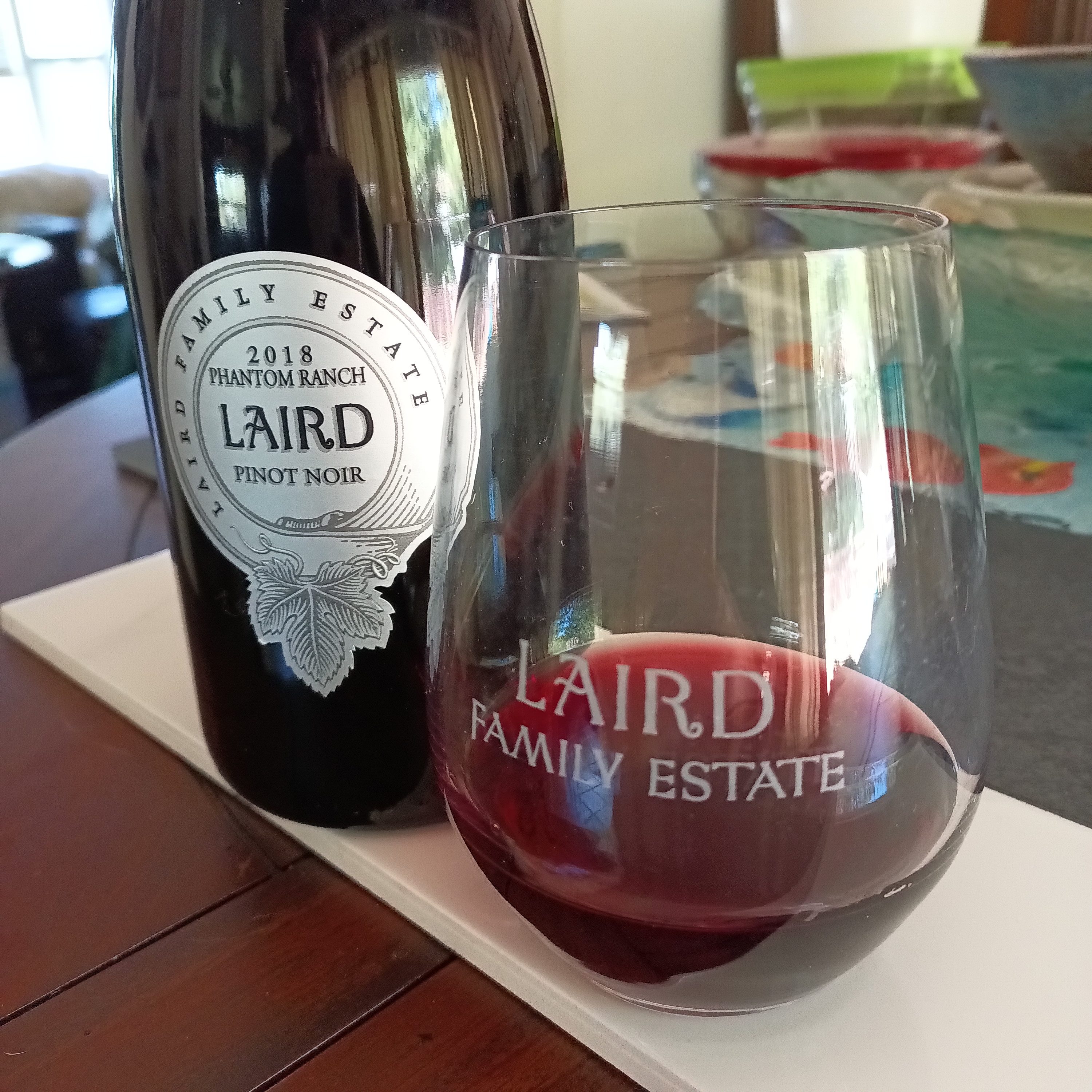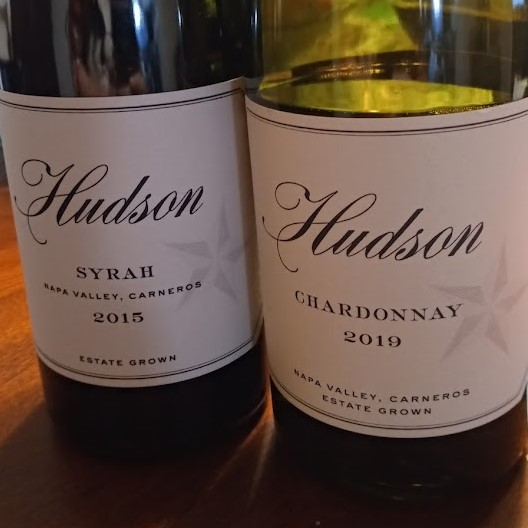Episode Transcript
Speaker 0 00:00:04 Enthusi, hello and welcome Carlos to wine and the bottle, the show for enthusiasts of all levels. I'm your host Sarah, and I am here to take you on a viticultural journey past the pages of the textbooks. Now if that intro seemed a little foreign to you, it all sounded like Greek to me and surprise, today we are going to a mythical place full of debate, Deb basement and drunkenness Greece. Now, during my W set studies, I was surprised at the lack of attention to Greek wine considering that the country's history is so vast and they seem to have an association with the drink. In ancient Greece, wine was considered a gift from the God dsis and was used both medicinally and recreationally like it is kind of today as a way to elevate the human experience. If we time travel backwards to look at the wine history of ancient Greece, I would start in the fourth century bce, even though Mediterranean wine making does predate that era.
Speaker 0 00:01:27 But here in the fourth century BCE we find Hippocrates a physician who is widely considered to be the father of modern medicine. And his writings are some of the earliest documents depicting the medical benefits of wine, both as an antiseptic and an analgesic. This great Greek society not only revered whiteness medicine, but in the great political circles, drink and philosophy went hand in hand and the oligarchs were never without libation during their symposia. But moderation and self-control were also integral to Greek society. As depicted by a poem by HIAs a few hundred years later, first century a D, the story goes that as Dion Isis was traveling among men, he encountered a farmer named Icarus and his daughter Irey. And they offered him shelter and respite and entertainment in their home as thanks Dion. Isis gifted them with a cup of sweet wine and grapevines to propagate and share within their community.
Speaker 0 00:02:44 Icarus and Irey shared the sweet wine with some local shepherds who unused to alcohol, fell into a drunken stupor, angered and confused. They felt betrayed and believed that Icarus had given them rancid medicine and in traditional ancient fashion they killed him in revenge. Poor orig found her father's corpse and lamenting his loss. She hung herself in the tree above his body. Diane, ISIS was so enraged at the death of his friends that he cursed all of the maidens of the village to suffer the same fate as ariey. A bit of an overreaction, don't you think? Well, I guess when you're a God with the power of persuasion, you can do whatever you like, but point taken, I will drink in moderation. Thank you very much, <laugh>. So how is this divine drink made? If they didn't have fancy mechanical presses and steel tanks and automated filtration systems like we do today, painstakingly by hand <laugh>, that's how.
Speaker 0 00:03:56 And the first challenge, of course was the weather grease is hot and windy, especially in the eastern islands, and the wind is thanks to barometric fluctuations from the Mediterranean sea. So to keep those grapes ripening safely on the vine, they would trellis the vines in kind of a basket shape and position the inflorescences inside the basket so they were protected from the wind. This practice is still employed in Greece, especially on the island of Santorini, which we will be revisiting a little bit later. Grapes were pressed by hand or rather by feet as depicted in some contemporary ancient pottery and fermentation took place usually underground in an MPH for which is kind of an oddly shaped piece of pottery. Um, the MPH foray as the plural is called were large and heavy and had two handles up at the top so that two people could carry the vessel and the bottom was pointed.
Speaker 0 00:05:08 It wasn't flat and it couldn't be sat directly on the ground. It would have to be nestled into a circular base, made specifically for the amph foray or in large piles of sand to prevent leakage because the interior of these clay vessels were porous. Theoria were usually coated in pine resin, which created a watertight seal, but it also imparted a heavy pine flavor into the wine. And it was very different from what we expect as wine today. It's a great example of how technology or the lack thereof affected what goes in the glass. And over the following millennia, Greece would experience a lot of political and economic turmoil, and I won't go into all of that today because that is what semester's worth of college classes cover, and I don't think I could cover that in a 15 to 20 minute podcast. Greece's wine industry waned to the brink of extinction because of these events, and that's why Greece barely gets a handful of pages in modern wine textbooks.
Speaker 0 00:06:32 There's not much left remnants of that ancient tradition still remain. Thankfully there are 77 ancient native varieties that still grow in Greece, despite the more common international varieties like Cabernet Sauvignon and Chardonnay becoming more popular. Over the last hundred years or so, 60% of wine produced in Greece is white. The most prevalent native varieties are Mara, a strongly structured and highly acidic red wine, often associated with the NASA region as your gco. A red wine with prominent red fruit and baking spice flavors with naturally smooth tannins associated with the Nemea region and asco, a crisp and citrusy white wine with flavors of stone fruit associated with the island of Santini. That's what we'll be tasting today. There's another type of wine also produced in Santorini called Vi Santo, which is a sweet wine with nutty and caramel characteristics from deliberate oxidation. And it is made by drying the grapes after harvest and, um, concentrating the sugars from the drying so makes it sweet and Vin Santo translates to wine of Santorini Vin Santo.
Speaker 0 00:08:08 Most of the wine made in Greece today is made in the traditional vinification style that we know of, that we consider like old world European. But there is still a style of red wine that is produced in Greece, which purposefully includes pine resin in the vinification process and it is called Reina. And that continues the legacy of ancient Greek wine. They infuse the wine with pine resin during fermentation and then after the fact the resin is filtered out. So the stickiness is gone, but the flavor remains. I've heard it's kind of an acquired taste. Um, I couldn't find any Regina, so that's why I'm not tasting it today, but I would be curious to try it. So if you know of any places where I could get Redina, um, shipped to California in the United States, drop it in the comments. I would love to taste some. So let's go pour something in a glass. Our first wine is an ACO from Estate Arros and Estate Arros is family owned, family run. Um, their family dates back hundreds of years, um, with wine making experience and this winery, the estate was founded about 110 years ago, so it has a lot of history on the island of Santorini as well.
Speaker 0 00:09:48 And this is a 2016, I'm gonna grab my core event and poor, um, this is my favorite thing in the world, not a sponsor yet. Corvin sponsor me. <laugh>, uh, this is a 2016, which means it has a little bit of age on it as Tico can be consumed young and enjoyed while it's fresh and crisp and fruity, but it also ages really well and develops some very interesting flavors in the bottle. So I am very excited to see what this tastes like compared to the next wine, which is a much younger, um, example. So here is this beautiful, beautiful wine. Um, it's definitely, it's not lemon in color, well, it's still lemon, but it's borderline on gold. It's starting to deepen. There's some flex in it. I don't know if that's from the cork in the coren or if that's sediment, smells of lemons and orange blossom right off the bat. Some honey suckle very perfumed with the floral and the citrus, but I do also get like nectarine and peach, but it's still so vibrant and so bright on the nose that I don't think that I would really guess that this was a more bottle aged wine, that it has six years of age on it. That's kind of neat.
Speaker 0 00:11:42 Hmm, wow. Okay. You can taste the age. It's developed this really honey comb flavor and it's very round and full on the palette. Surprisingly full. It reminds me a little bit of a chardonnay, but without the nuttiness it's like straight up honey comb and a little bit of straw. There's some, there's some vegetal quality, but not, not overtly. It definitely gives it depth and texture. Let's do the acid count. Okay, so you tip your head forward and you count and wait. How long the acid makes your mouth water? Woo. Very high acid, nice and bright. Um, I think that I would've enjoyed this more if it were younger. I feel like the fruit characteristics that you get on the nose have sort of disappeared from the palette. It's a really good wine. It's got, probably got a medium finish. It doesn't, it's not one of those wines where there is no finish where you have to continue to drink it and drink it and drink it just to taste it. But it's also not a wine that you can just sit and sip and sit back and savor forever. So I put that solidly in the medium finish category.
Speaker 0 00:13:43 I didn't bring a dump cup. He goes, you're gonna watch me down this <laugh> Oppa. Okay, next is the younger winery. This is Artemis Ka Leggos Winery and it is called um, Nick Teddy is the name of the blend. So that is not a name of a grape variety or anything that's just the name of this wine. The varieties in this wine is asco, which we have just tried, but it's blended with two other native varieties at Titi and Iani, which I have never heard of, but I'm assuming that they're white wines native to Santorini also. Um, this winery was founded in 2004. Um, it's named after Grandpa Artemis and Grandpa Artemis has been wine making since 1952. So, um, the winery was founded by the grandson and is more, um, more modern I would say in wine making style than the previous wine. This is also a 2018, so it is a little bit younger. Probably gonna be brighter and a little bit more perfumed on the palette as well. It's kind of cloudy and it's paler. Yeah, uh, it looks unfiltered. It's a nice simple lemon color. I would call that. Definitely pale lemon,
Speaker 0 00:15:43 A lot paler than the previous wine. It's more obvious lemon. Like I was kind of on the fence about the first one about whether I would classify that as gold or lemon because it was so dark. Um, from the age. This is a pale lemon. Okay, so it's not quite as cloudy, maybe it was just from the, the gas in the corvin. Oh, weird <laugh>. Um hmm. It smells riper, smells cheesy and there is some, a hint of peach and white flour once you get past that initial. Ooh. Um, this is very unique. I don't think I've ever smelled anything quite like this before. Hm. Tastes pretty good though. I have to say really acidic. Sorry, I make this face when things are acidic, not when they taste bad. It's just my natural reaction to very acidic beverages. But it actually is very refreshing and it's got some honey honeycomb, but I get some and more of that melon, like that's really different. Not as much citrus. Um, if anything, there's some grape fruit on on that. Um, nectarine, it has the cheesiness is not really noticeable on the pallet. Green gooseberry, that's what it is. It's not melon at all.
Speaker 0 00:17:50 So it's green gooseberry kind of grassy. Not quite somon blanc grassy, but definitely in that ballpark. This is a very interesting wine. I like it and I think it would go really well with food. I would not drink this one on its own. Both wines were very dry and very acidic. They had different flavor profiles. Um, the fruitiness and the honeycomb on the older estate. Um, Argi makes it a better drink alone by itself. Wine, this more subtle flavor, it's a little bit simpler, um, easier on the pallet, but it would go really well with some white fish. And like even calamari it would go really well with um, just anything seafood related, clam chowder, crab. Um, but I think that this would be a really great fishy wine. It it's got that coastal vibe to it. There is definitely a minerality in this wine that was not present in the other example. And while the slogan for estate ar is taste the real Santorini, I think that, that this describes island life better in a glass like this. It makes me think of Greece in the glass. I mean, I've never been there, but my impression of what Greece is with the, the blue and the white architecture and the sandy beaches and the thousands of islands off the mainland. This wine,
Speaker 0 00:19:51 The Artemis Kaos makes me think of Greece in a glass and that's really cool. Well, enthusiasts, or as they saying Greece, ens, thank you for joining me here at Wine in the Bottle. And I will post in the description all of the sources that I used for this episode. I will also post links to the websites for these two wineries. If you're interested in learning more about them,
Speaker 0 00:20:24 I recommend that you check out Vine Box, a wine subscription that sends you quarterly boxes of wine that are real small and they come with individual serving sizes of wine in a vial, which you can try wine from all over the world without having to worry about buying a bottle of wine that you won't finish. Who knows if you're gonna like it? Might as well try a single survey. So if you click the link in the description, it'll take you to the Vine Box website. If you follow that link and make a purchase, I do get a commission, which helps support this podcast and my website, birds and wine.org. Keep the comments coming, like subscribe, join me next time here at Wine in the.



